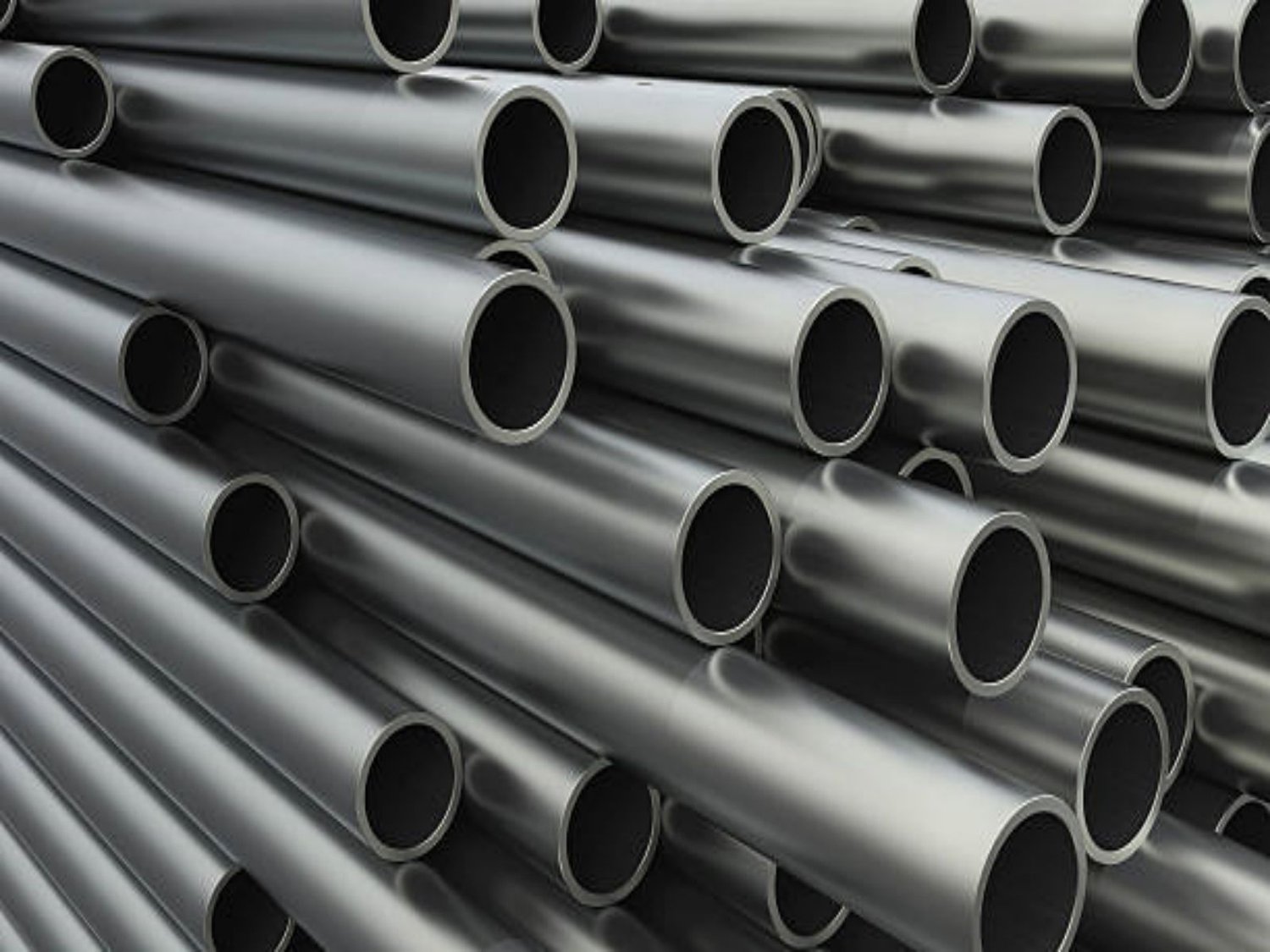Table of Contents

Addressing Common Myths About Titanium Tubes
Myth 1: Titanium tubes are expensive and not worth the cost
There is a common misconception that titanium tubes are prohibitively expensive compared to other materials. While it is true that titanium is generally more expensive upfront, it offers numerous long-term benefits that make it a worthwhile investment. Titanium tubes have a longer lifespan, require minimal maintenance, and offer superior corrosion resistance. Additionally, their lightweight nature reduces transportation costs and improves fuel efficiency, making them a cost-effective choice in the long run.
Myth 2: Titanium tubes are difficult to weld
Contrary to popular belief, titanium tubes can be easily welded using the appropriate techniques and equipment. While it is true that titanium has a higher melting point compared to other metals, skilled welders can achieve high-quality welds with proper training and experience. It is important to follow the recommended welding procedures, including using the correct shielding gases and filler materials, to ensure strong and durable welds.
Myth 3: Titanium tubes are not suitable for high-temperature applications
Titanium tubes are often underestimated when it comes to their ability to withstand high temperatures. While it is true that titanium has a lower melting point compared to some other metals, it still offers excellent heat resistance. Titanium tubes can safely operate at temperatures up to 600°C (1112°F) in air and even higher temperatures in inert atmospheres. Their high strength-to-weight ratio also makes them ideal for applications where weight is a concern.
Myth 4: Titanium tubes are not as strong as steel tubes
Although titanium is not as dense as steel, it possesses an impressive strength-to-weight ratio that rivals many steel alloys. In fact, titanium has a higher tensile strength than most aluminum alloys and is comparable to some steel grades. This makes titanium tubes an excellent choice for applications where strength is crucial, such as aerospace, automotive, and marine industries.
Myth 5: Titanium tubes are prone to corrosion
Titanium is renowned for its exceptional corrosion resistance, even in harsh environments. Unlike many other metals, titanium forms a protective oxide layer when exposed to oxygen, which prevents further corrosion. This makes titanium tubes highly resistant to corrosion from saltwater, chemicals, and acids. In fact, titanium is often used in industries where corrosion resistance is essential, such as chemical processing, power generation, and desalination plants.
Myth 6: Titanium tubes are difficult to find in standard sizes
While it is true that titanium tubes may not be as readily available as more common materials like steel or aluminum, they can still be found in a variety of standard sizes. Many manufacturers offer a range of titanium tube sizes to meet the needs of different industries and applications. Additionally, custom fabrication services are available for those requiring specific dimensions or shapes.
Myth 7: Titanium tubes are not environmentally friendly
On the contrary, titanium is considered an environmentally friendly material due to its recyclability and durability. Unlike some other metals, titanium can be recycled without losing its desirable properties, reducing the need for new mining and extraction. Additionally, titanium's longevity and resistance to corrosion mean that products made from titanium, including tubes, have a longer lifespan, reducing waste and environmental impact.
Myth 8: Titanium tubes are difficult to machine
While titanium is known for its high strength and low thermal conductivity, it can still be machined effectively with the right tools and techniques. Carbide tooling, high cutting speeds, and appropriate coolant usage can help optimize the machining process. Additionally, advanced machining technologies, such as CNC machining, have made it easier to produce precise and complex shapes from titanium tubes.
Myth 9: Titanium tubes are not suitable for medical applications
Titanium is widely used in the medical industry due to its biocompatibility and corrosion resistance. Titanium tubes are commonly used in orthopedic implants, dental implants, and surgical instruments. The human body readily accepts titanium without adverse reactions, making it an ideal choice for medical applications. The lightweight nature of titanium also reduces the burden on patients and improves their overall comfort.
Myth 10: Titanium tubes have limited applications
Titanium tubes have a wide range of applications across various industries. Apart from aerospace, automotive, marine, and medical industries, titanium tubes are also used in sports equipment, chemical processing, oil and gas, and architecture. Their unique combination of strength, durability, corrosion resistance, and lightweight nature makes them a versatile choice for many demanding applications.
